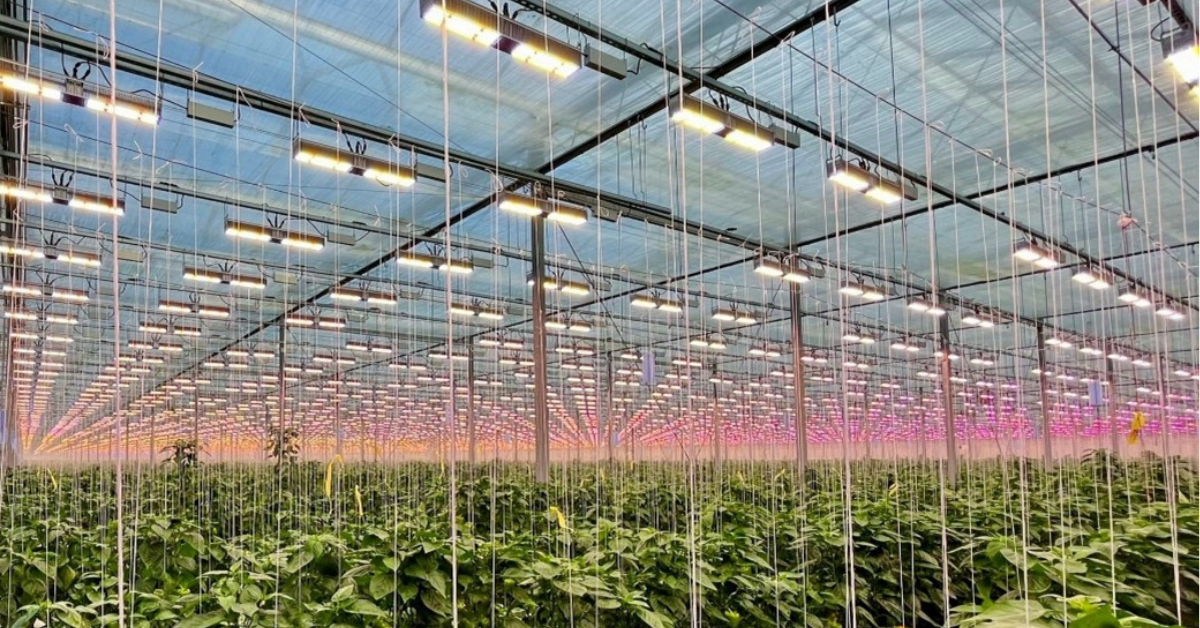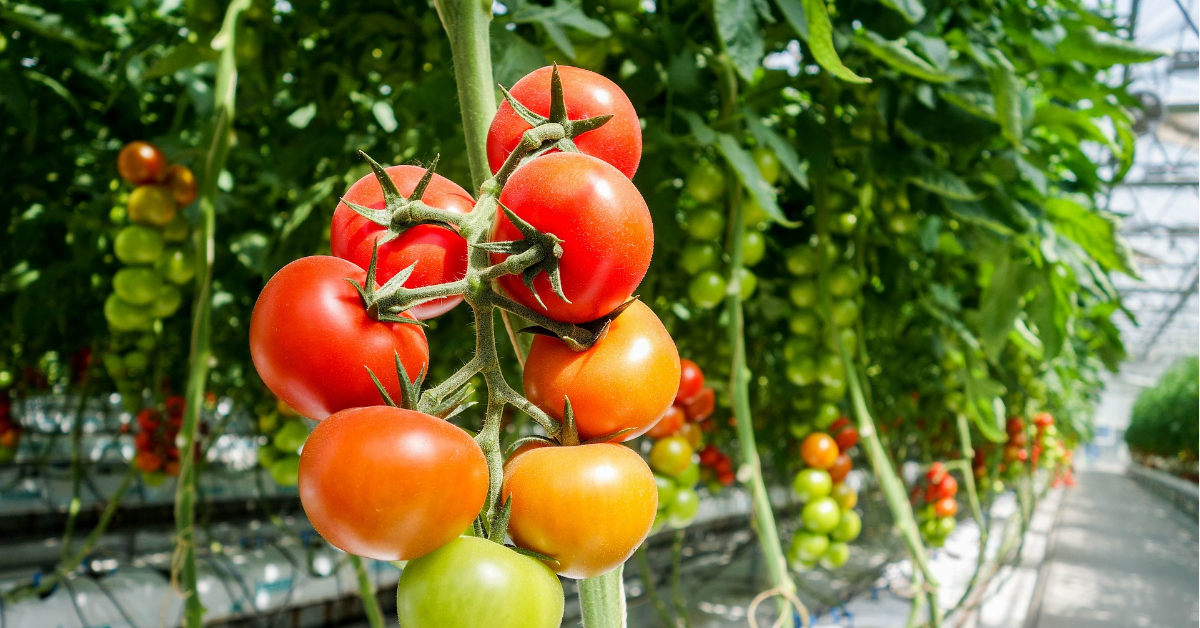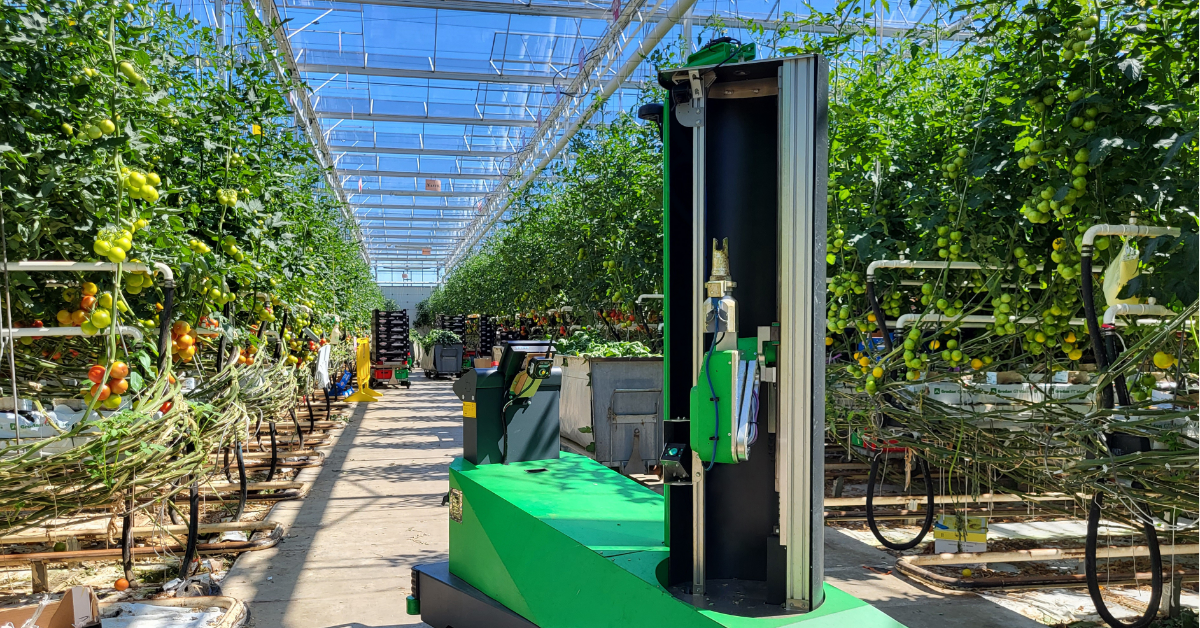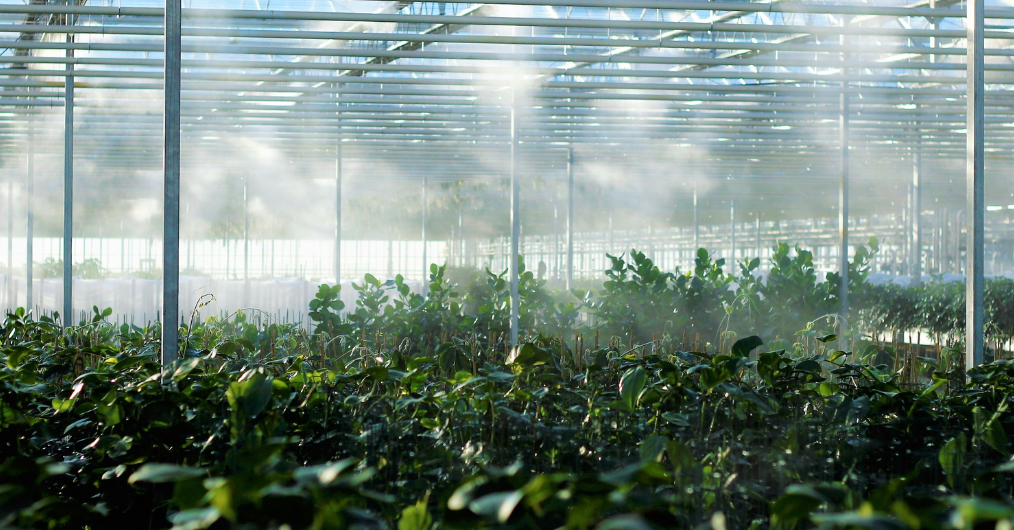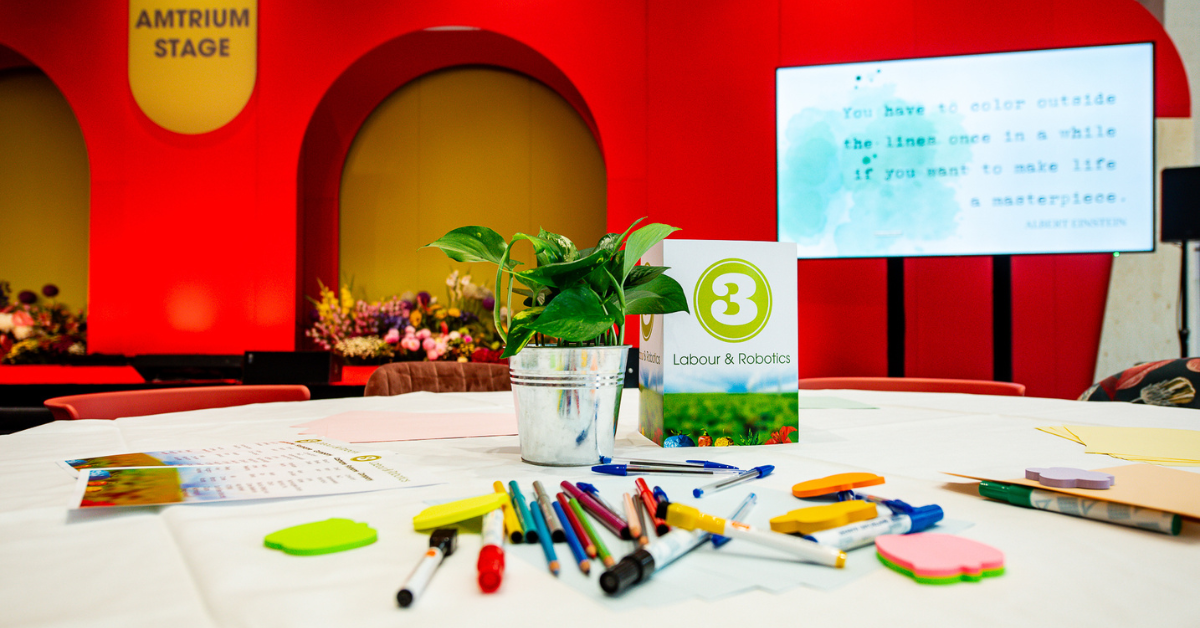Gus van der Feltz, Co-Founder and Board Member of FarmTech Society, shares his horticulture vision
'Collaboration is as essential as technology innovation to achieve our sustainability and climate goals’
Coming into the horticulture sector from the high-tech world has afforded me the opportunity to look at how things are done with a different background and a fresh pair of eyes. It has been great to see how good the sector is in adopting technology innovations if these enable better, faster of cheaper crop production. It is also wonderful to witness how collaboration between knowledge institutes, technology providers and growers has provided a unique mix of skills and knowledge that has made the Netherlands the horticulture leader that it is.
Now we are facing new challenges that require further innovation, not just for the Netherlands but for the world. The world's population is growing rapidly, while our climate is changing making it harder to grow safe and nutritious food for everyone. Covid has shown the world that local, dependable and sustainable sources of healthy nutrition are essential for everyone.
Fortunately, we have solutions for that. Indoor Farming can help to address this challenge even if it cannot solve it alone. Growing crops in a fully controlled environment allows the production of food irrespective of location and climate, and on top of that, it vastly reduces the requirement for water and crop protection chemicals. Yet a successful implementation of this innovation requires more than great technology alone. We are facing multiple challenges at the same time:
- First, the technology is not final yet by a long shot. Getting it to the next levels of performance requires borrowing insights from other industries that are already much better used to fully controlled production processes.
- Second, Indoor Farms are capital intensive and we need to work hand in hand with capital providers to secure the investment money needed to build indoor farms. This needs to be done in a real collaboration as we are still writing the book on how this should be done - and making mistakes along the way.
- Third, placing vegetable production much closer to consumers improves food quality but also changes the value chain. Traditional roles will morph into new roles, requiring different organizations and skills.
In short, we need to bring together insights from multiple angles and solve these challenges together. Like I have seen before in other sectors, we need to bridge gaps between industries and competencies, and learn from outside the traditional horticulture world. We need to define new standards, educate people and work with regulators to give this new and valuable sector the opportunity to develop. FarmTech Society does exactly this for the Controlled Environment Agriculture sector.
Based in Brussels, FarmTech Society (FTS) has programs on joint standard development where members, who may even be competitors in daily life, work together with GlobalGAP to create new standards for indoor farms and the way these are used and measured. FTS has an Education development program for the Farmers of the Future, ensuring that schools and universities around the world develop programs and degrees for indoor farming that are internationally recognized. FTS is also engaging in discussions with policy makers across Europe as well as in North America about the role innovative farming methods can play in addressing the challenges we face. This all helps to grow the sector and jointly reap the benefits of innovation and make the world a little bit better. Let's Grow Together!
Share your horticulture technology stories with us
Do you have an innovation, research results or an other interesting topic you would like to share with the international horticulture technology industry? The GreenTech website and social media channels are a great platform to showcase your stories!
Please contact our Brand Marketing Manager Murkje Koopmans.
Are you an GreenTech exhibitor?
Make sure you add your latest press releases to your Company Profile in the Exhibitor Portal for free exposure.
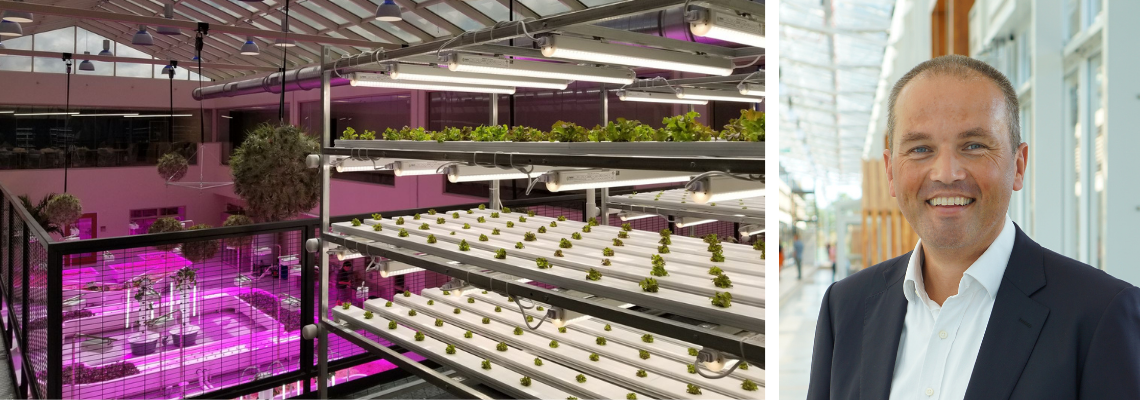
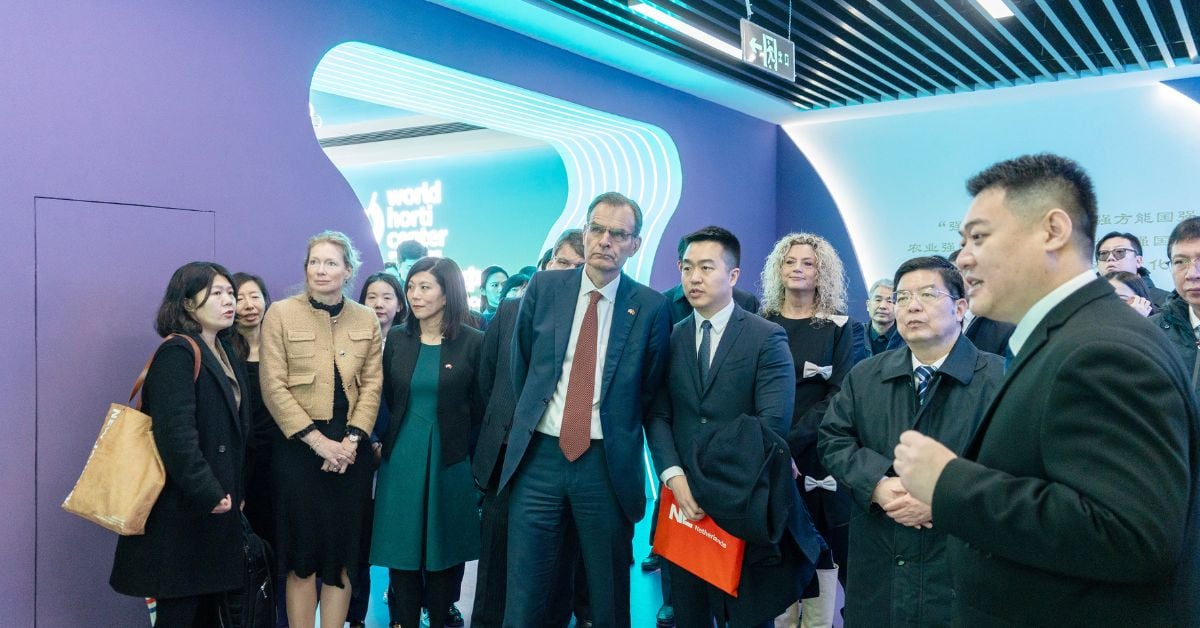
.png?h=628&iar=0&w=1200)
